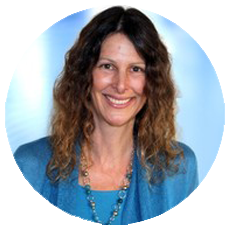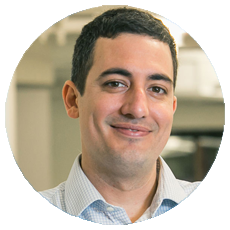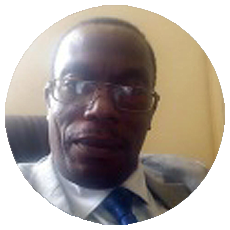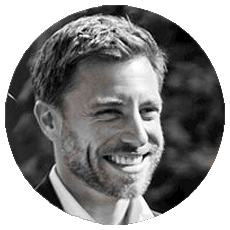Using technology to overcome development challenges is not a new phenomenon. This is particularly true in the land sector, where tools for collecting and managing data relating to land use and rights have advanced considerably in recent decades. However, with the recent onset of COVID-19 and social distancing measures, technology is proving to be even more critical for the collection and management of land-related data to advance land rights and tenure for millions of people left out of formal land systems.
There is evidence that fit-for-purpose approaches to land documentation and administration can reduce costs and promote greater transparency. Given the growing availability and reach of technologies that can be used to collect and manage data—such as smartphones, tablets, computers, handheld GPS, and drones to name a few—how are they being used to equitably and inclusively accelerate land administration processes?
In the COVID-19 context, this question becomes more urgent as communities around the world are facing increased land grabs, migration, displacement, corruption, and evictions. Can technology help overcome some of the challenges in the land sector created by COVID-19? What are the benefits or potential dangers of using technology in terms of maintaining land services, protecting the land claims of vulnerable populations, and accelerating the pace of land and property formalization? How are we seeing technology and land data playing a role in COVID-19 planning and response and perhaps more importantly, what role can it play in post-pandemic response to better prepare us for the long-term? What successful technology-based approaches to land administration and lessons learned during COVID-19 can be continued into the future?
Please join us for a webinar to hear from leading experts on the role, challenges, and potential of technology to accelerate the pace of land rights documentation and formalization during COVID-19 and beyond. In this webinar, panelists will discuss how COVID-19 has affected land administration work in Uganda, Zambia, Ghana, and India, among other places, and the ways technology is helping to overcome these challenges.
Date & Time: Tuesday, June 9th, 10:00am-11:15am EDT/ 4:00pm-5:15pm CEST
Webinar Forum: Zoom Webinar
Format: 75 minutes
-
10 minute moderator intro and context setting
-
10 minute presentations per speaker
-
25 minutes for Q&A
Moderator

Amy Regas
PlaceFund
Speakers

Frank Pichel

Christopher Burke

Emmanuel Tembo

Thomas Vaassen
Frank Pichel is the co-founder and Chief Programs Officer at Cadasta Foundation with 15 years of experience designing, managing, and implementing land-related projects with a technology focus around the globe. He has worked both with the private sector in implementing programs globally, as well as designing and managing programs as part of the Land Tenure and Property Rights Office for the US Agency for International Development (USAID).
Christopher Burke is the Managing Director of WMC Africa and has almost 30 years’ experience working on development issues in East Asia and Africa. Christopher has worked on both statutory and customary land related issues with a wide range of stakeholders including United Nations Development Program (UNDP), Food and Agriculture Organization (FAO), Global Land Tool Network (GLTN)-UN Habitat, the World Bank, US Agency for International Development (USAID), Japanese International Cooperation Agency (JICA), IGN-FI, Oxfam and Cadasta. He currently serves as the Chair of the Northern Uganda Land Platform (NULP) and has been based in Uganda for 20 years.
Emmanuel Tembo has over 30 years experience in land administration. Starting off his career as a Land Surveyor with the Lusaka City Council, Emmanuel has worked as a lecturer in Land Management and Geomatics. He has also been a consultant in the improvement of Land Administration Systems and helped build human capacity in these areas. He is currently working as the Project Manager for the National Land Titling Programme in Zambia as well as coordinating the National Spatial Data Infrastructure development.
Thomas Vaassen is co-founder and CTO of Meridia, a venture that seeks to help landholders unlock the value of their land by providing them land documentation services and obtaining legal land title at scale. To date Meridia provides its services to rural and peri-urban landholders in Ghana and Indonesia. In the past decade Thomas has worked as a management consultant, co-founded start-ups and worked to build the impact entrepreneurial ecosystem globally.


